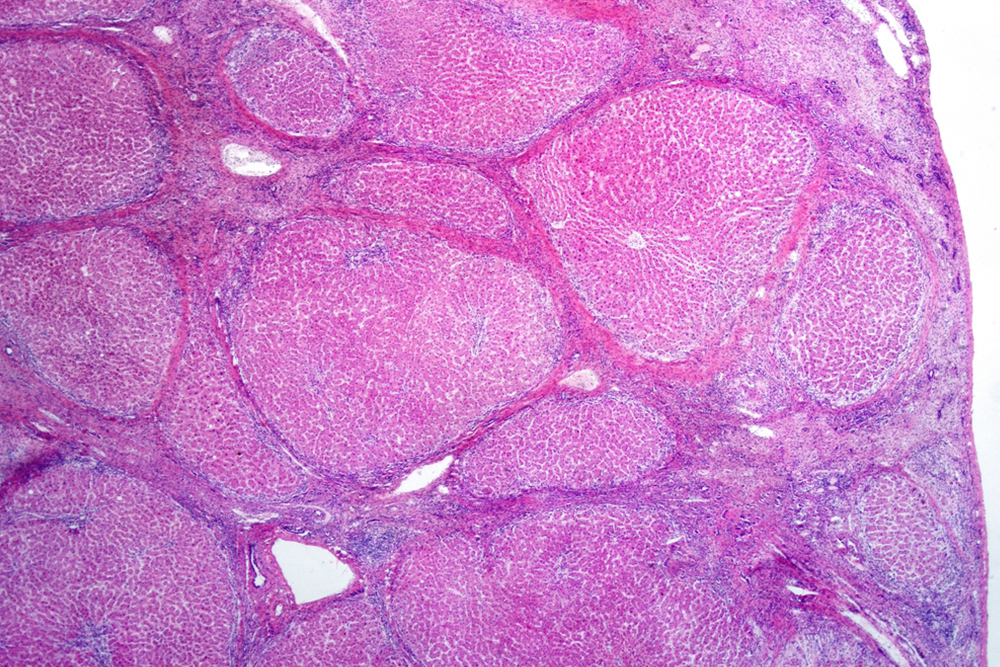Real-World Study Highlights Gaps in NASH Diagnosis and Treatment Across Italy

Non-alcoholic fatty liver disease (NAFLD) and its progressive form, non-alcoholic steatohepatitis (NASH), are highly prevalent in Italy, with significant variation across regions.
Nationwide Study Reveals High Burden of Liver Steatosis and Fibrosis in China’s Adult Population

This nationwide, population-based cross-sectional study aimed to assess the prevalence of liver steatosis and fibrosis in both the general population and high-risk groups in China, using data from over 5.7 million adults who underwent health check-ups between 2017 and 2022.
Refining NAFLD Thresholds: Insights on Liver Fat and Metabolic Health

Recent research highlights the challenge of defining excess intrahepatic triglyceride (IHTG) levels in nonalcoholic fatty liver disease (NAFLD), emphasizing the need to distinguish between population norms and health-based thresholds.
Obesity and Alcohol Synergistically Increase Liver Cancer Risk in Hepatitis B-Positive Men

A 14-year prospective study of 2,260 Taiwanese men from the REVEAL-HBV cohort investigated the combined effects of body mass index (BMI) and alcohol use on hepatocellular carcinoma (HCC) risk. Participants, all hepatitis B surface antigen-positive, had a mean age of 46 years, an average BMI of 24 kg/m², and 20% reported alcohol use.
Genetic Variants Tied to Cirrhosis Risk and Influence of Alcohol, Obesity

Recent research has identified 12 genetic variants, including 7 newly discovered ones, that are associated with an increased risk of cirrhosis. These findings emerged from a multi-trait genome-wide association study combining cirrhosis cases and alanine aminotransferase levels across several large cohorts, with validation in additional studies.
Alcohol’s Dual Impact: Balancing Risks and Benefits in Obesity and Heart Health

Recent research highlights the complex relationship between alcohol consumption, obesity, liver disease, and cardiovascular risk. Excessive alcohol intake is well-known for its harmful effects, including contributions to obesity, metabolic dysfunction-associated steatotic liver disease (MASLD), and cardiovascular issues.
TNF-α’s Role in Immunometabolism

Immune and metabolic responses are tightly integrated to maintain balance in organisms, with tumor necrosis factor-alpha (TNF-α) playing a key role in both processes.
Obesity Fuels Rise in Nonalcoholic Fatty Liver Disease

The rise in obesity has led to increased metabolic diseases like insulin resistance, type 2 diabetes, and nonalcoholic fatty liver disease (NAFLD), the most common chronic liver disease globally
Alcohol and Metabolic Syndrome: A Synergistic Risk for Chronic Liver Disease

Alcohol use and metabolic syndrome (MetS) are both highly prevalent and often co-exist, contributing independently and synergistically to chronic liver disease and hepatocellular carcinoma (HCC).
Weight Management Program Sustains 36% Diabetes Remission at 24 Months

The DiRECT trial examined the impact of a primary care-led weight management program on type 2 diabetes remission over two years.

